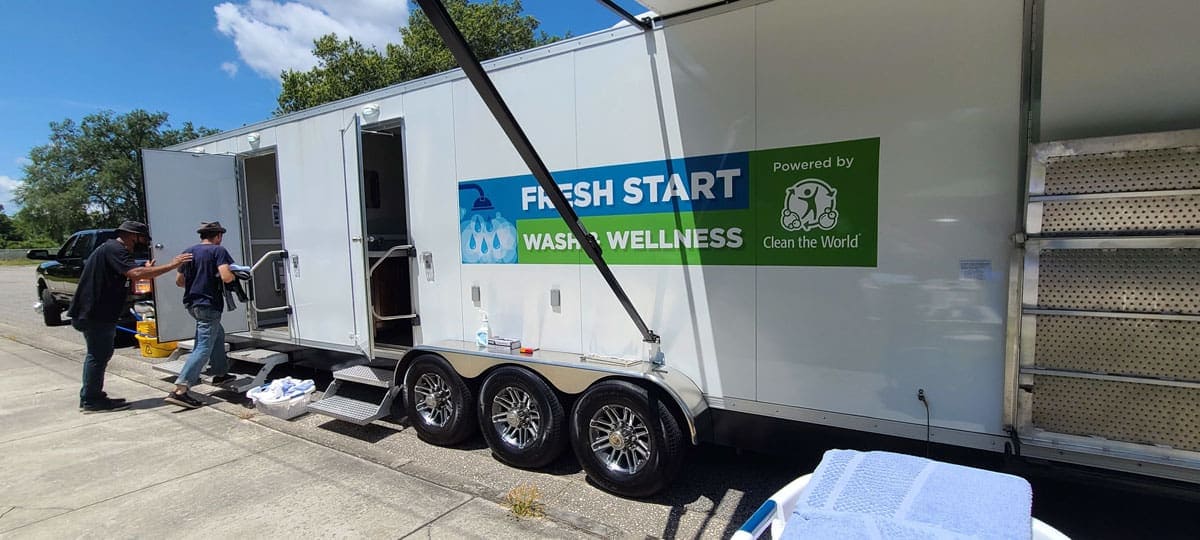Mosquito Season Safety

Taking Steps to Combat the Zika Virus
June 28, 2017
All across Florida, communities are preparing for mosquito season and making efforts to curb another potential outbreak of the mosquito-borne virus. Here’s what you need to know to help protect you and your loved ones.
Background on the Virus
The Zika virus is an infection spread by Aedes mosquitoes, which are native to the Western Hemisphere. The virus first emerged in the 1940s, but last year it spread rapidly throughout Central and Latin America, causing the CDC and World Health Organization to issue travel warnings urging pregnant women or those who intended to get pregnant in the near future to avoid traveling to countries with high rates of the virus.
The Zika virus often doesn’t have any symptoms and is not life threatening, but what makes this virus so concerning to health officials is that it has been linked to serious birth defects, such as microcephaly, a condition that causes babies to be born with small heads and is linked to cognitive and developmental delays.
Both the CDC and the World Health Organization (WHO) have issued guidelines for sex after traveling to a Zika-affected country or after potential exposure. The WHO guidelines urge people who have traveled to these countries or been diagnosed with the virus to practice safe sex or abstain from sex for six months. The CDC guidelines urge men who have the virus to practice protected sex or abstinence for six months and recommend that women should wait eight weeks after traveling to a Zika-affected country or the date of their diagnosis with the virus before they try to get pregnant. Recent CDC data indicates 10 percent of pregnant women diagnosed with the virus last year gave birth to children with Zika-related birth defects.
Protection Efforts in Central Florida
Orange County has launched mosquito control efforts to curb the spread of the Zika virus.
Last year, there were 797 suspected cases of Zika in the county. So far in 2017, there have been 159 suspected cases and county officials have visited more than 22,000 properties.
When someone is suspected to have Zika, a community physician evaluates them and orders a blood or urine test to determine a diagnosis. The Florida Department of Health reports these suspected cases before the test confirms a Zika diagnosis, and informs Orange County Mosquito Control of the location of the suspected case.
For every suspected Zika case, crews from Orange County Mosquito Control visit the location and remove breeding habitats and set traps. They also apply mosquito control materials in the area and leave additional information about mosquito safety. They return the next day to see if these traps have any Aedes mosquitoes in them and then test the mosquitoes for Zika.
County officials are ramping up their mosquito control and Zika awareness efforts as summer approaches. They are testing new mosquito control techniques, doing social media and other outreach to raise public awareness and have created a Mosquito Safety Toolkit available for download on the county’s site, which is written in four languages and is filled with tons of helpful information about Zika myths, mosquito bite prevention, Zika and pregnancy and more. The county also plans to increase its surveillance and abatement efforts and dispatch an emergency response team whenever there are suspected local cases of the virus.
If you are concerned about Zika, here are some things you can do to lower your risk of getting the virus:
- Wear insect repellant when you are outdoors (pregnant women and women who are nursing should make sure they use EPA-approved repellents).
- Wear long sleeve shirts and pants when outdoors to lower your risk of a mosquito bite.
- Treat your clothes with the insecticide permethrin or buy clothing and gear treated with this material.
- If you open a window, make sure there’s a screen behind it to prevent mosquitoes from getting indoors. Repair any holes in screen doors or windows to ensure mosquitoes don’t slip through.
- Drain any standing or still water in your backyard to prevent mosquitoes from breeding.
Take these steps to prevent the virus. However, if you’ve been bitten by a mosquito and begin to experience flu-like symptoms, see a doctor right away. Again, the virus isn’t life-threatening, but it can cause complications if you are pregnant or intend to get pregnant soon. There’s no vaccine to treat Zika, but drinking enough fluids and getting plenty of rest can control the virus’s symptoms and help you get better sooner.
This article originally appeared on OrlandoHealth.com.
This article originally appeared on OrlandoHealth.com.












